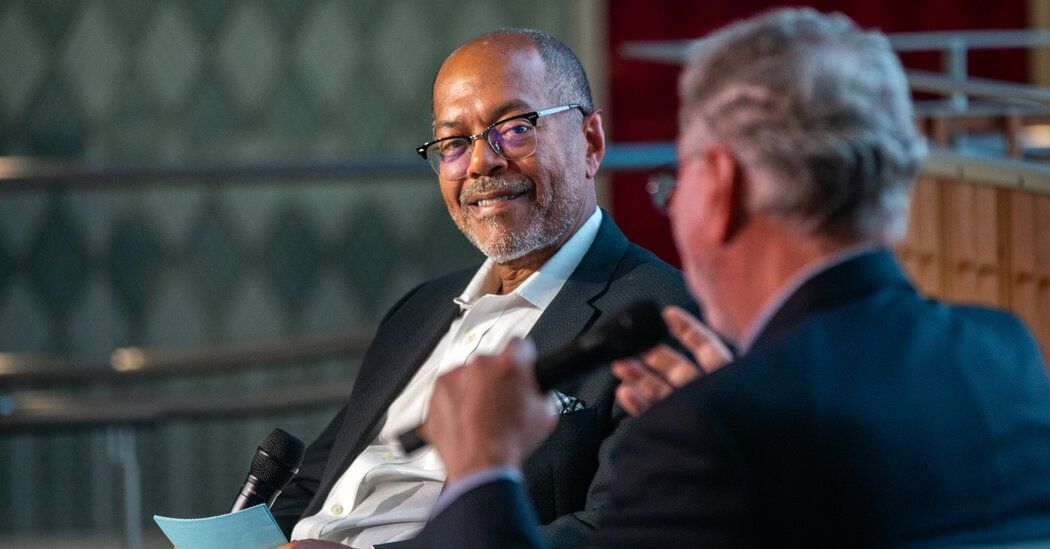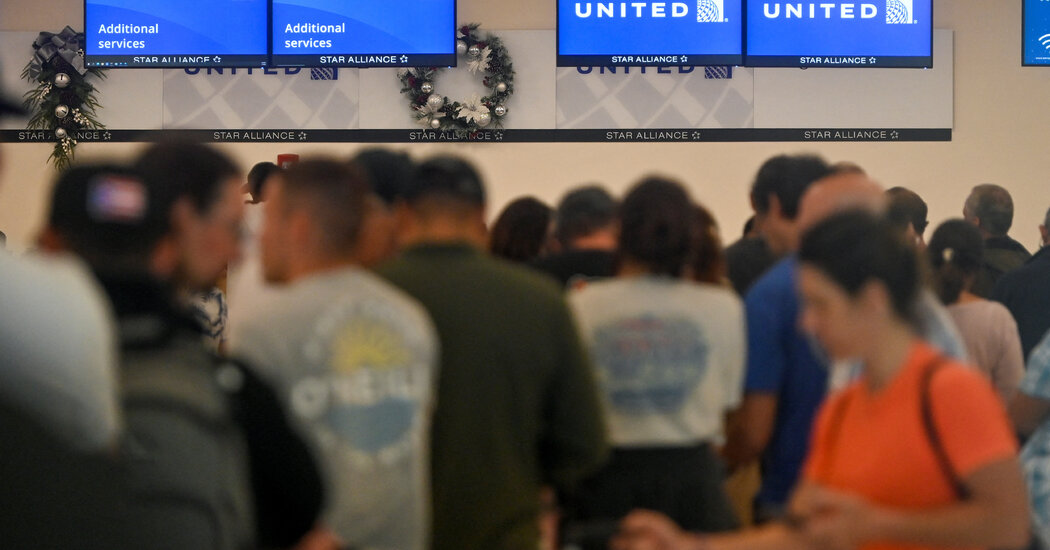When he joined the Los Angeles Times as its top editor nearly three years ago, Kevin Merida was hailed as a leader who would restore calm to a newsroom that had been rocked by cost-cutting battles and corporate ownership.
Now, he is leaving without warning, an abrupt departure that leaves the West’s largest news organization in a state of flux.
Merida told staff members Tuesday that he would resign “after considerable soul-searching about my career.”
He didn’t specify exactly why he was leaving, but he did say his last day would be Friday.
Patrick Soon-Shiong, the biotech billionaire who owns The Times, said in a memo to the newspaper’s staff that he and Mérida had “mutually agreed” that Mérida should go.
“Given the persistent challenges we face, it is now imperative that we all work together to build a sustainable business that enables growth and innovation,” wrote Dr. Soon-Shiong.
In recent months, Merida has been at odds with members of the Soon-Shiong family on a variety of issues, including editorial decisions and business priorities, according to two people with knowledge of the situation.
Merida and the Soon-Shiong family have clashed over their decision to prevent journalists who signed a letter condemning Israel’s response to the Oct. 7 attacks from covering the conflict in Gaza, the people said.
Some members of the Soon-Shiong family raised objections to Mr. Merida’s decision, one of the people said, and were unable to reach a resolution with Mr. Merida and even discussed selling the newspaper.
According to people, the budget for 2024 has also generated conflicts.
A spokeswoman for the Los Angeles Times declined to comment on tensions between Merida and the Soon-Shiong family, adding that the Los Angeles Times was not for sale.
“We believe in The LA Times and are committed to its future,” the spokeswoman said.
Merida, 66, was named senior editor of The Times in May 2021, after previously working as a senior editor at The Washington Post and ESPN. At the time, he was seen as a stabilizing force in the newsroom, which had been hit by the painful erosion of its traditional business model and its stature as the preeminent news organization on the West Coast.
Under his leadership, the news organization has won three Pulitzer Prizes, including two in 2023, for breaking news reporting and outstanding photography. Still, like some of its peers in the media industry, The Times has struggled to offset declines in its print business with digital subscriptions and advertising.
Those problems were exacerbated last year in Los Angeles, where a major industry, Hollywood, was closed for many months due to strikes by actors and writers. That took its toll on the Los Angeles Times: The newspaper reported Tuesday that it had missed its digital subscriber goals.
Merida was handpicked by Dr. Soon-Shiong, who bought the company in 2018 for $500 million. The purchase was greeted with relief by many of the newspaper’s journalists, who had gone through years of cost-cutting at the behest of corporate owners, including Tronc.
Dr. Soon-Shiong said he was acquiring the newspaper for social reasons and promised to restore it as a civic institution for the people of Southern California.
But things have been difficult for the Soon-Shiongs, as the newspaper has had to deal with headwinds that have affected the entire media industry. The family sold The San Diego Union-Tribune, a sister newspaper, to Alden Global Capital, a financial firm known for its cost-cutting. At one point, The Wall Street Journal reported that Dr. Soon-Shiong was exploring the sale of The Los Angeles Times, which the company denied.
In June, the Los Angeles Times announced it would cut more than 10 percent of its newsroom staff of more than 550 people, citing economic headwinds.
In his memo to staff on Tuesday, Dr. Soon-Shiong said The Times would undertake a search for Mr. Merida’s successor that would include internal and external candidates.
In the meantime, he wrote, the paper’s existing leadership team would continue to oversee the newsroom.








